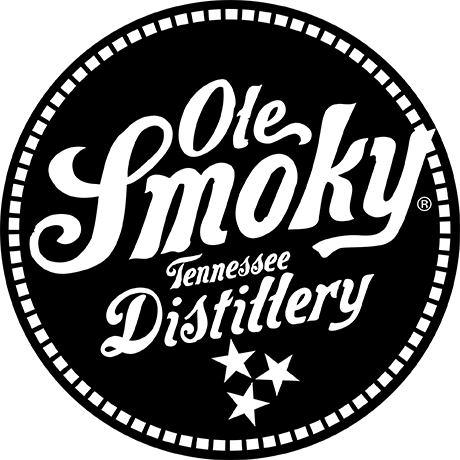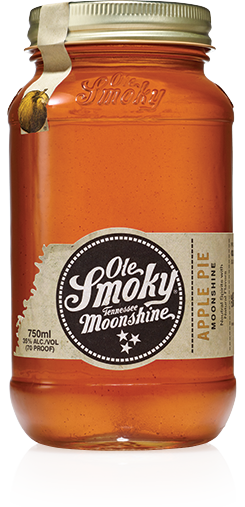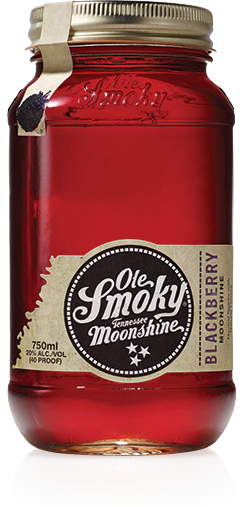News
The Wall Street Journal | Moonshine Going Upscale With Funky Flavors & Tastings — Tue, Mar 15, 2016
GATLINBURG, Tenn.—There’s a new batch of moonshine brewing in the Great Smoky Mountains of East Tennessee.
“Guys, we nailed this one,” said “tastemaker” Josh Madore of Sugarlands Distilling Co., as he poured thimble-sized shots of butterscotch moonshine for a group on a recent afternoon. “It tastes exactly like the bottom of grandma’s purse.” A cinnamon moonshine he jokingly called “Tennessee mouthwash.”
Backed by private equity, the business of running moonshine has emerged from the backwoods into the world of wine-style tastings, co-branding with celebrities and products including moonshine-soaked peaches and scented candles. A “Moonshine Murders” dinner theater is a hot attraction.
Since Tennessee relaxed its liquor laws in 2009, about 10 distilleries have cropped up here in Sevier County, which draws millions of visitors annually to the lush mountains and the Dollywood amusement park. Flavors include blueberry muffin, piña colada, pumpkin pie and eggnog.
Sugarlands burst onto the scene with a line of moonshines made in conjunction with the cast of the “Moonshiners,” a Discovery Channel show that documents the lives of bootleggers in the Appalachian region. One top seller is apple pie moonshine with a caramel aftertaste.
“I thought, ‘Nobody’s gonna buy moonshine made inside a building,’ ” said Eric “Digger” Manes, one of the stars on the “Moonshiners” show.
A minute’s walk from Sugarlands is Ole Smoky Distillery’s Gatlinburg location. Ole Smoky has partners including country star Dierks Bentley, Harley-Davidson Inc. and the Cincinnati Reds. It hosts daily bluegrass concerts and pitches products including moonshine corn cob jelly, marinated mushrooms and moonshine soaps.
“Everybody likes to tout that they’re original and authentic,” said Joe Baker, Ole Smoky’s co-founder. “The reality is that we are.”
Here’s proof of the staggering growth distilleries are seeing: Sugarlands posted revenues of $8.5 million in 2015, up from $4.9 million the year before. Ole Smoky, meanwhile, said it is the most-visited distillery in the U.S., with about 3.5 million people annually coming through its doors.
Tony and Brooke Prewett, of Johnson City, Tenn., located about two hours away, are frequent visitors.
“We come mostly because of the moonshine tasting,” said Mr. Prewett. “With all the free samples, we’ve basically had a free jar.”
The moonshine samplings have some similarities to wine and beer tastings, but are more potent—ranging from 40 proof (20% alcohol) for flavored types to over 100 proof for regular moonshine.
The Smokies have been a haven for illicit moonshine production since at least the 18th century, when a wave of Scots-Irish immigrants brought over traditions of making whiskey by fermenting corn and other grains. Called moonshine, hooch, or white lightning, it is unaged whiskey.
Carroll Van West, official state historian for Tennessee, says some longtime moonshiners have mixed feelings about the commercialization of moonshine, which is still made and sold without an official distiller’s license throughout the state. “There are still people making their own moonshine, and then it’s a homemade product and not something coming out of a factory.”
Ole Smoky paved the way for a moonshine turf war when it opened in 2010, the first distillery in the area under the relaxed laws. Mr. Baker said the company’s moonshine recipe is a mashup of several used by his family over generations.
The distillery has been expanding at a dizzying pace, thanks in part to investment from private-equity firm Centerview Capital in 2013. Ole Smoky opened a Pigeon Forge location and recently bought out neighboring distillery Davy Crockett’s Tennessee Whiskey.
Doc Collier Moonshine Distillery, which opened up about a half mile from Ole Smoky in 2014, says its recipe also dates back generations: to its founders’ great-grandfather, William “Doc” Collier, who made moonshine in the Smokies in the late 1800s. In homage, the distillery says it uses water from the spring where Doc made his moonshine in nearby Dandridge, Tenn.
Sugarlands is one of the few distilleries that doesn’t herald a family connection. Co-owner Ned Vickers, a former consultant with a penchant for home-brewing, said his team spent a year meeting with moonshiners to hone its recipe.
Sugarlands opened in 2014 after a legal tussle with Gatlinburg. The town attempted to block it opening by invoking an ordinance that required liquor sellers to be at least 1,000 feet apart. Sugarlands is just a few doors down from Ole Smoky, which supported the town’s effort.
The state legislature eventually overrode that ordinance. Sugarlands opened its barn-inspired doors on Gatlinburg’s main drag, among fudge shops and pancake houses.
Sugarlands touts the quality of its ingredients, such as the white corn it uses. Experienced moonshiners say “yellow corn is for critters,” according to the distillery. It gives tours of the production room filled with 750-gallon barrels of bubbly, fermenting mash and a towering copper still.
Tasting experts, such as Mr. Madore, who works at Sugarlands, lead visitors through samplings. The jobs are highly competitive, and some tastemasters are paid more than managers.
Mr. Madore, a former bartender, ends most tastings by asking his group to write reviews on Sugarlands’ TripAdvisor.com page. He checks the site daily and is paid extra for positive reviews.
Leonette Ware and Rhonda McKinnon, sisters from east Tennessee, did a tasting at Sugarlands during a birthday trip. Ms. Ware described the flavors as “more vibrant” than those she had tasted at other distilleries.
The samplings are also an opportunity for these new businesses to tout their moonshine heritage.
“We’ve been doing it longer than anyone else,” said John Campanelli, one of Ole Smoky’s overall-clad tasting experts, as he wrapped up a Sunday-evening sampling. “These other guys in town made wine before this,” he joked.
By: Chelsey Dulaney

Latest News
-
Ole Smoky® Distillery Announces Launch of New Tennessee Straight Bourbon Whiskey — Thu, Dec 04, 2025
-
The 10 Best Boozy Advent Calendars to Get This Holiday Season — Fri, Nov 21, 2025






